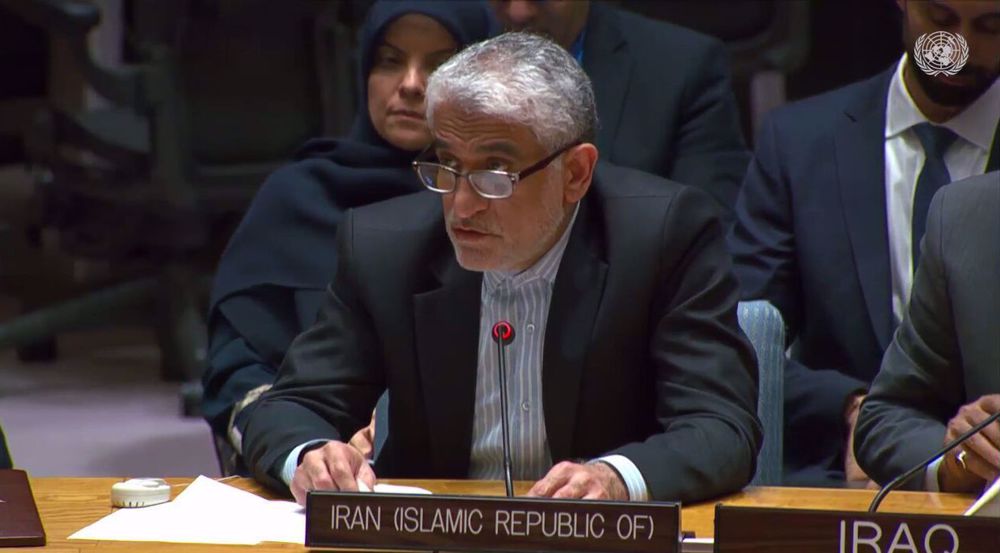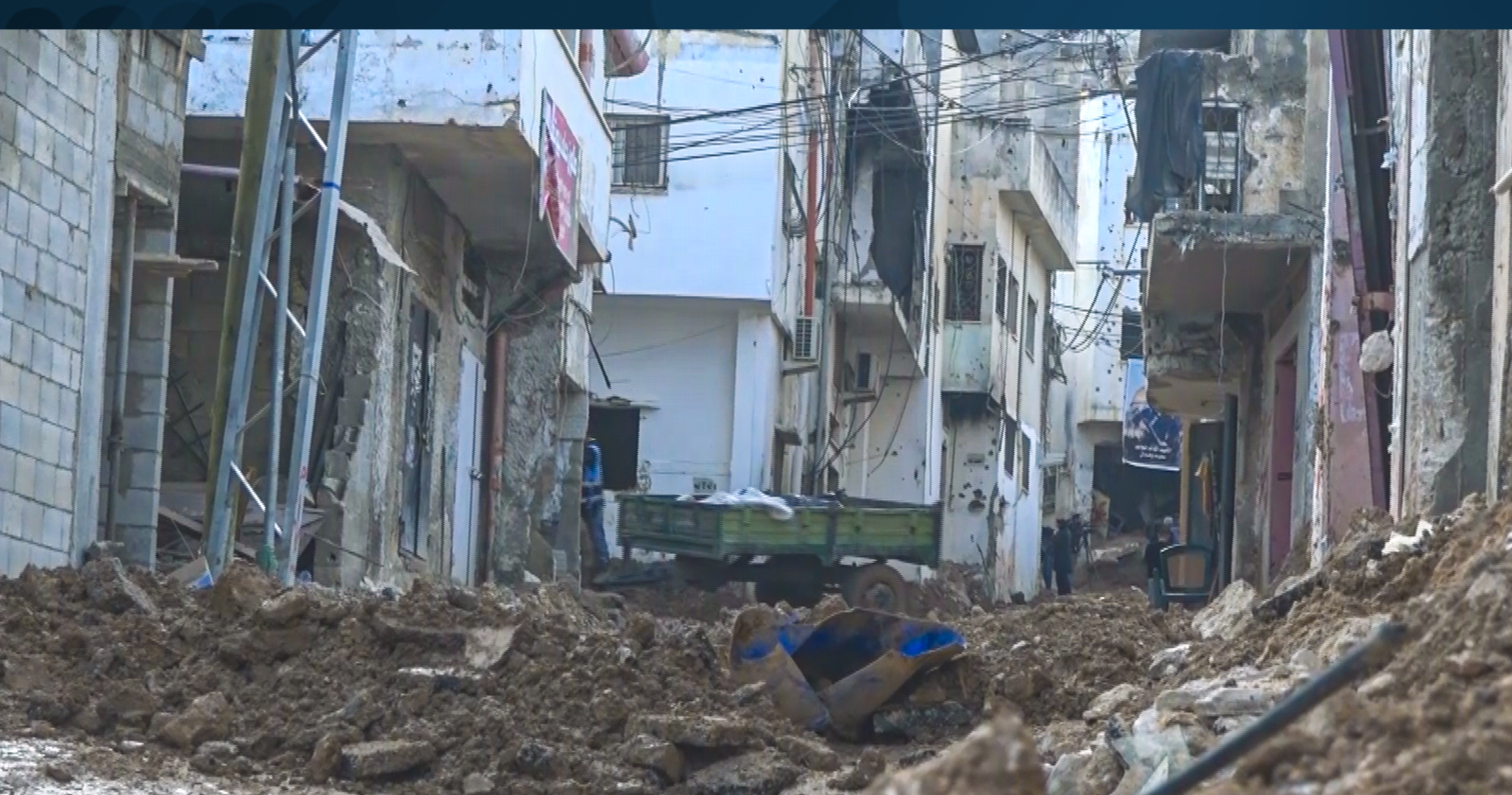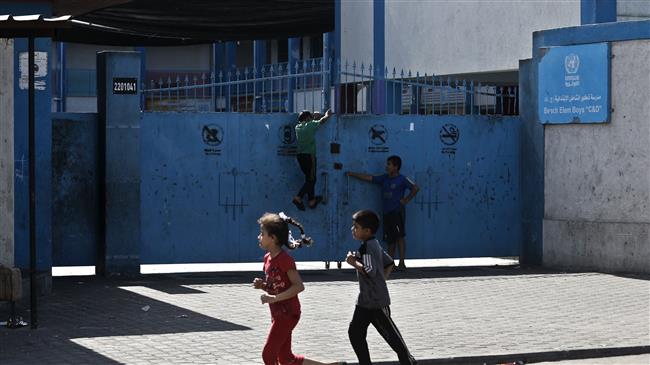UNRWA warns budget crisis could spell ‘disaster’ in Gaza, cause insecurity in Lebanon
The United Nations Relief and Works Agency (UNRWA) has warned that the “worst financial crisis” it has ever experienced could spell “disaster” in the besieged Gaza Strip and cause insecurity in Lebanon.
“It is in the interest of no one to see schools suddenly suspended... health services being suspended (in Gaza), at a time when people are hit by the (coronavirus) pandemic,” said Philippe Lazzarini, the chief of the UN agency for Palestinian refugees, on Sunday, adding, “It would be a total disaster.”
UNRWA was originally established in 1949 to protect hundreds of thousands of Palestinians displaced by the 1948 Arab-Israeli war mainly through providing them with humanitarian aid. It was initially set up as a temporary agency, but has continued to support the Palestinian refugees for the better part of six decades.
It currently supports an estimated 5.7 million Palestinians with refugee status across the Gaza Strip, the occupied West Bank, Jordan, Syria, and Lebanon, providing them with health care, education, and social services. Most are descendants of the roughly 700,000 Palestinians who were driven out of their homes or fled the 1948 war, which led to the creation of Israel.
Back in 2018, the administration of US President Donald Trump decided to cancel all the US funding to UNRWA, as part of a policy to impose maximum pressure on the Palestinians to satisfy Israeli interests and Zionist constituencies in the United States.
Before Trump's cuts, the US had been providing UNRWA $300 million a year, roughly a third of its core annual budget..
Last week, Lazzarini warned that it had to raise $70 million by the end of the month to be able to pay full salaries for the months of November and December. Some 28,000 staffers of the agency across the West Bank, East Jerusalem al-Quds, the Gaza Strip, Lebanon, and Jordan will be affected by the shortfall. Most of the staffers are refugees themselves.
With some 13,000 people on staff, UNRWA is the main employer, after local authorities, in the Gaza Strip, which is home to about two million people. The situation is particularly critical in the besieged enclave where the unemployment rate is over 50 percent.
“This population is entirely dependent on international assistance,” Lazzarini said, warning that the suspension of the agency’s program could have a “devastating” economic and security impact.
He also expressed fear that “the same could very easily happen with the Palestinian refugees in Lebanon,” where some 475,000 Palestinian refugees have registered with the UN refugee agency.
Of the registered refugees in Lebanon, about 180,000 reside in the small Arab country, which itself suffers from a struggling economy with soaring unemployment and poverty rates.
While the situation is dire across Lebanon, Lazzarini said, “it is even worse for the Palestinian refugees,” whose work is restricted in Lebanon. He said some 80-90 percent of these refugees rely on UNRWA for assistance.
The head of UNRWA says suspension of the agency's aid programs could lead to a “new source of insecurity” for Lebanon.
“We are at a time when people expect UNRWA to deliver more,” Lazzarini said. It “is also the time where the organization is facing its worst financial crisis,” he added.
US vetoing of Gaza ceasefire resolution ‘disgraceful’: Iran’s UN envoy
VIDEO | IAEA adopts anti-Iran resolution tabled by E3
VIDEO | Iran's president urges Pope to help end Israel's onslaught in Gaza
Iran's senior legal official: ICC arrest warrant for Netanyahu ‘great victory'
Nov. 21: ‘Axis of Resistance’ operations against Israeli occupation
VIDEO | Israeli forces storm West Bank’s Jenin again, target civilians
Iran activates advanced centrifuges after IAEA's 'unjust' resolution
VIDEO | Press TV's news headlines















 This makes it easy to access the Press TV website
This makes it easy to access the Press TV website